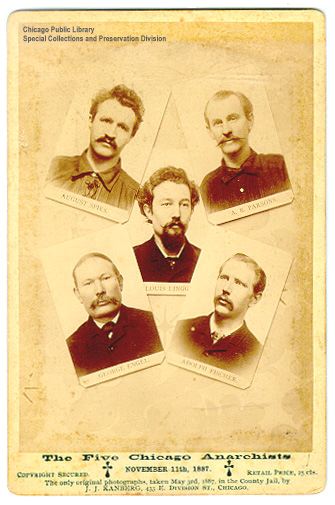Wired News: “TechTV to Lay Off 285”
News.com: “TechTV Lays Off San Francisco Staff”
And there were other stories, too. Just to comment on one little detail in both of these: You’d think that Comcast gave us 60 days’ notice out of the goodness of its soft ol’ cable heart. Witness the quote from the G4 spokesguy (who is named David Shane in one of the linked pieces above and David Shone in the other):
“Today we gave notice to 285 employees that they’ll be impacted by the merger. We wanted to give employees as much notice aspossible so that they can begin to make other plans.”
Uh huh. As I noted yesterday, though, Comcast and G4 had no choice in the matter. The 60-day notice is required by federal law because shutting down a workplace of our size is considered a plant closing (the company needs to do other things under the law, too, like notifying the mayor of San Francisco that it’s putting a bunch of people on the street). So I can now consider myself the beneficiary of one of the few labor-friendly laws to get through Congress in recent memory.
The staff gets to meet with G4’s CEO, Charles Hirschhorn, on Monday and hear what else is in store for us (for instance, will we continue producing our daily show all the way through July, when the 60 days is up?).

